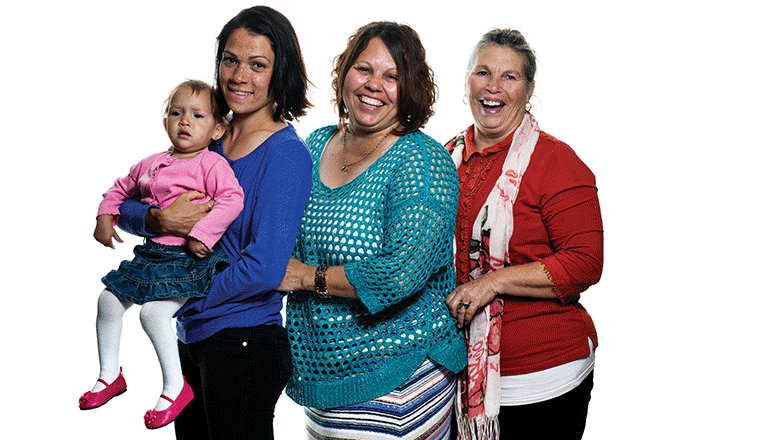Search
Research
First Nations Peoples’ perceptions, knowledge and beliefs regarding stillbirth prevention and bereavement practices: A mixed methods systematic reviewFirst Nations Peoples endure disproportionate rates of stillbirth compared with non-First Nations Peoples. Previous interventions have aimed at reducing stillbirth in First Nations Peoples and providing better bereavement care without necessarily understanding the perceptions, knowledge and beliefs that could influence the design of the intervention and implementation.
Research
Development of the breastfed infant oral microbiome over the first two years of life in the BLOSOM CohortAcquisition and development of the oral microbiome are dynamic processes that occur over early life. This study aimed to characterize the temporal development of the oral microbiome of predominantly breastfed infants during the first two years of life.
Research
Use of privacy-preserving record linkage to examine the dispensing of pharmaceutical benefits scheme medicines to pregnant women in Western AustraliaMedications are commonly used during pregnancy to manage pre-existing conditions and conditions that arise during pregnancy. However, not all medications are safe to use in pregnancy. This study utilized privacy-preserving record linkage (PPRL) to examine medications dispensed under the national Pharmaceutical Benefits Scheme (PBS) to pregnant women in Western Australia (WA) overall and by medication safety category.
Research
Dietary patterns during pregnancy and maternal and birth outcomes in women with type 1 diabetes: the Environmental Determinants of Islet Autoimmunity (ENDIA) studyDietary patterns characterised by high intakes of vegetables may lower the risk of pre-eclampsia and premature birth in the general population. The effect of dietary patterns in women with type 1 diabetes, who have an increased risk of complications in pregnancy, is not known.
Research
Maternal diet during breastfeeding: Could it influence food allergy risk in children?Human milk is rich in immuno-modulatory factors that have the potential to shape immune development and influence allergy risk in children. In this article, we describe how breast milk may contribute to making the infant less prone to developing allergies.
Research
First Nations populations' perceptions, knowledge, attitudes, beliefs, and myths about prevention and bereavement in stillbirth: a mixed methods systematic review protocolThe objective of this review is to investigate First Nations populations' perceptions, knowledge, attitudes, beliefs, and myths about stillbirth.
Research
Influenza and pertussis vaccine coverage in pregnancy in Australia, 2016-2021Vaccination in pregnancy is the best strategy to reduce complications from influenza or pertussis infection in infants who are too young to be protected directly from vaccination. Pregnant women are also at risk of influenza complications preventable through antenatal vaccination. Both vaccines are funded under the National Immunisation Program for pregnant women in Australia, but coverage is not routinely reported nationally.
Research
Effects of pregnancy and lactation prebiotics supplementation on infant allergic disease: A randomized controlled trialIngestion of prebiotics during pregnancy and lactation may have immunomodulatory benefits for the developing fetal and infant immune system and provide a potential dietary strategy to reduce the risk of allergic diseases. We sought to determine whether maternal supplementation with dietary prebiotics reduces the risk of allergic outcomes in infants with hereditary risk.

News & Events
Urgent need to reduce preventable deaths in Aboriginal MumsA study by researchers at The Kids Research Institute Australia has found Aboriginal mothers are at a significantly greater risk of preventable death than other Australia
Research
Interpregnancy interval and adverse birth outcomes: a population-based cohort study of twinsTo investigate associations between interpregnancy intervals (IPIs) and adverse birth outcomes in twin pregnancies.
